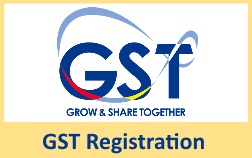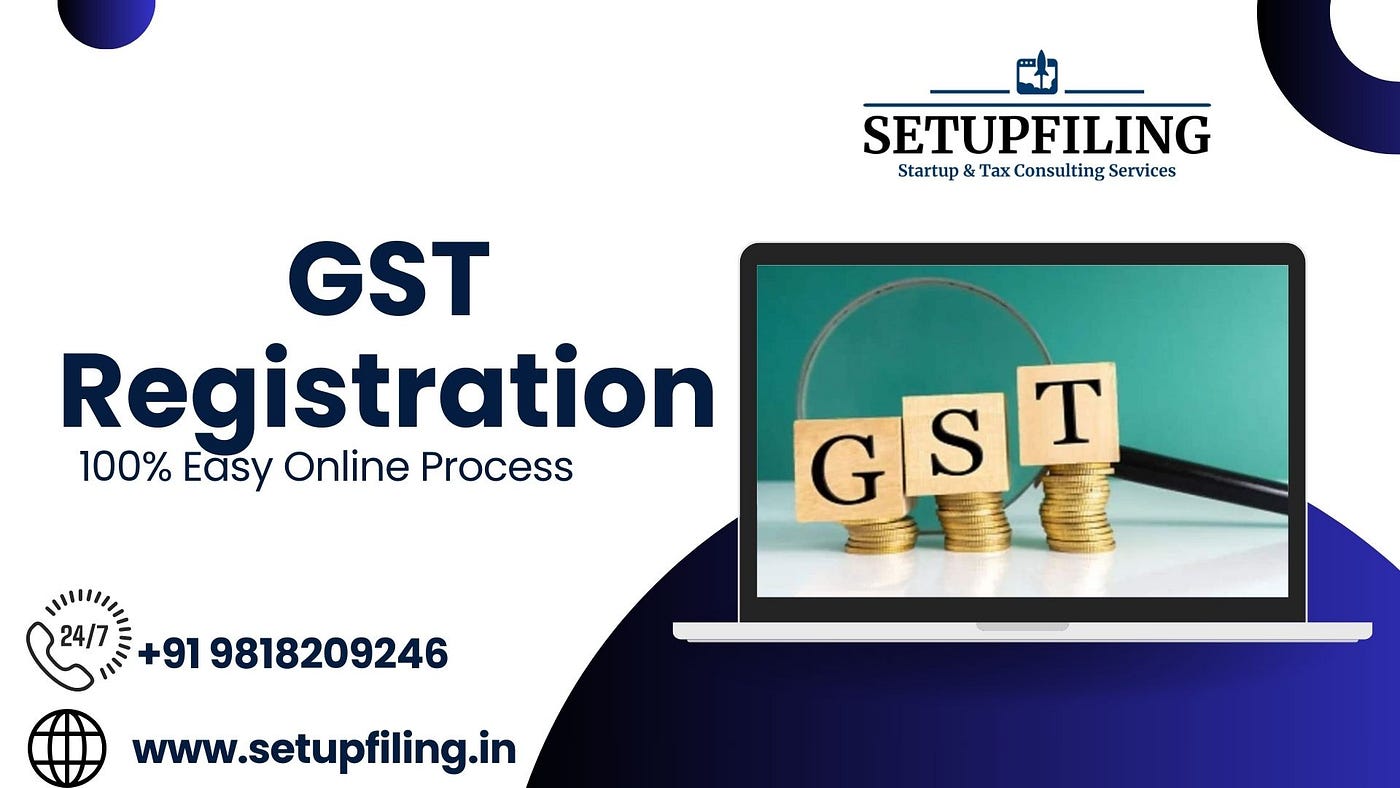Avoid Typical Mistakes in Singapore GST Registration for Your Organization
Wiki Article
The Ultimate Overview to Simplifying the GST Registration Refine and Requirements for Local Business Owners

Recognizing GST Basics
To comprehend the basics of the Product and Services Tax (GST) system, little company owners need to initially recognize its underlying ramifications and concepts. Under the GST regimen, businesses are needed to sign up and gather tax obligation on behalf of the federal government, guaranteeing openness and conformity.One of the key concepts of GST is input tax debt, which allows companies to claim debt for taxes paid on their acquisitions. This device protects against the plunging impact of taxes and advertises effectiveness in the tax obligation system. Additionally, GST is a destination-based tax obligation, indicating that the tax is imposed at the factor of usage instead of the point of beginning. This ensures fair distribution of tax obligation profits amongst states based on where the goods or services are consumed. Understanding these basic principles is vital for tiny business proprietors to navigate the complexities of the GST system and ensure compliance with the regulation.
Eligibility Criteria for Registration
Having developed a fundamental understanding of GST concepts, small organization proprietors have to currently satisfy certain qualification standards to wage the registration process. In India, entities participated in the supply of goods or solutions with an annual aggregate turnover going beyond Rs. 40 lakhs (Rs. 10 lakhs for unique category states) are needed to register for GST. Furthermore, certain businesses such as those entailed in inter-state supply of products, informal taxable individuals, and those required to pay tax under the reverse charge system must register for GST irrespective of their turn over. Companies that were registered under the previous tax regime (VAT, solution tax obligation, etc) are also mandated to sign up under GST. However, farming services that just provide produce out of key production are excluded from GST enrollment. It is crucial for company owner to thoroughly assess their eligibility based on these criteria to guarantee compliance with the regulation and avoid any type of charges for non-compliance.Documents Needed for GST Enrollment

Simplified Enrollment Refine Steps
Adhering to the collection and confirmation of the requisite papers, the registration process for GST can be navigated with a collection of simplified actions developed to promote effective conformity for small company proprietors. The initial step includes seeing the GST portal and choosing the 'New Registration' option. Consequently, the candidate needs to why not look here fill out Component A of the GST REG-01 type with information such as frying pan, mobile number, and e-mail address to get an OTP for confirmation. Once the OTP is received and entered, a Temporary Reference Number (TRN) is created for further process. The following step calls for filling in Component B of the form with essential organization details, publishing supporting records, and completing the confirmation procedure using DSC or EVC. Ultimately, upon successful confirmation, an Application Recommendation Number (ARN) is provided, indicating the conclusion of the GST registration procedure. By adhering to these simplified steps, small company proprietors can successfully register for GST and guarantee conformity with tax regulations.Tips for Ensuring Conformity
To maintain regulative adherence and operational honesty, diligent oversight and aggressive procedures are pivotal in making sure conformity with GST demands for tiny organization proprietors. Little service proprietors need to remain upgraded with GST laws, submitting deadlines, and any kind of modifications in tax rates to prevent penalties and keep an excellent standing with tax authorities. Participating in GST recognition workshops or training programs can enhance understanding and conformity with GST guidelines, inevitably profiting the company in the long run.
Conclusion
Finally, small company owners must read the article comprehend the fundamentals of GST, satisfy the qualification criteria, gather needed records, and comply with the streamlined enrollment procedure actions to ensure compliance. By streamlining the GST enrollment process and needs, little company owners can stay clear of charges and operate their companies efficiently within the legal structure - Singapore GST Registration. It is crucial for local business owners to remain compliant and educated with GST policies to maintain an effective service procedureSmall business owners looking for GST enrollment have to guarantee they collect and submit the essential files to finish the enrollment process successfully. The papers needed for GST registration commonly consist of evidence of company enrollment or consolidation, PAN (Irreversible Account Number) card of the service identity, address go now and entity evidence of the promoters/partners/directors, pictures, address evidence of the area of organization, financial institution account statements or canceled cheques, and authorization kinds. Participating in GST understanding workshops or training programs can boost understanding and compliance with GST laws, inevitably benefiting the business in the lengthy run.
By simplifying the GST registration process and demands, little company owners can stay clear of penalties and run their businesses efficiently within the legal framework. It is essential for little company proprietors to remain enlightened and compliant with GST regulations to keep a successful business operation.
Report this wiki page